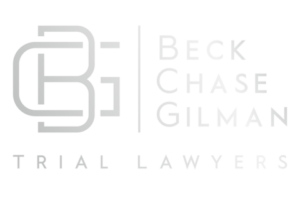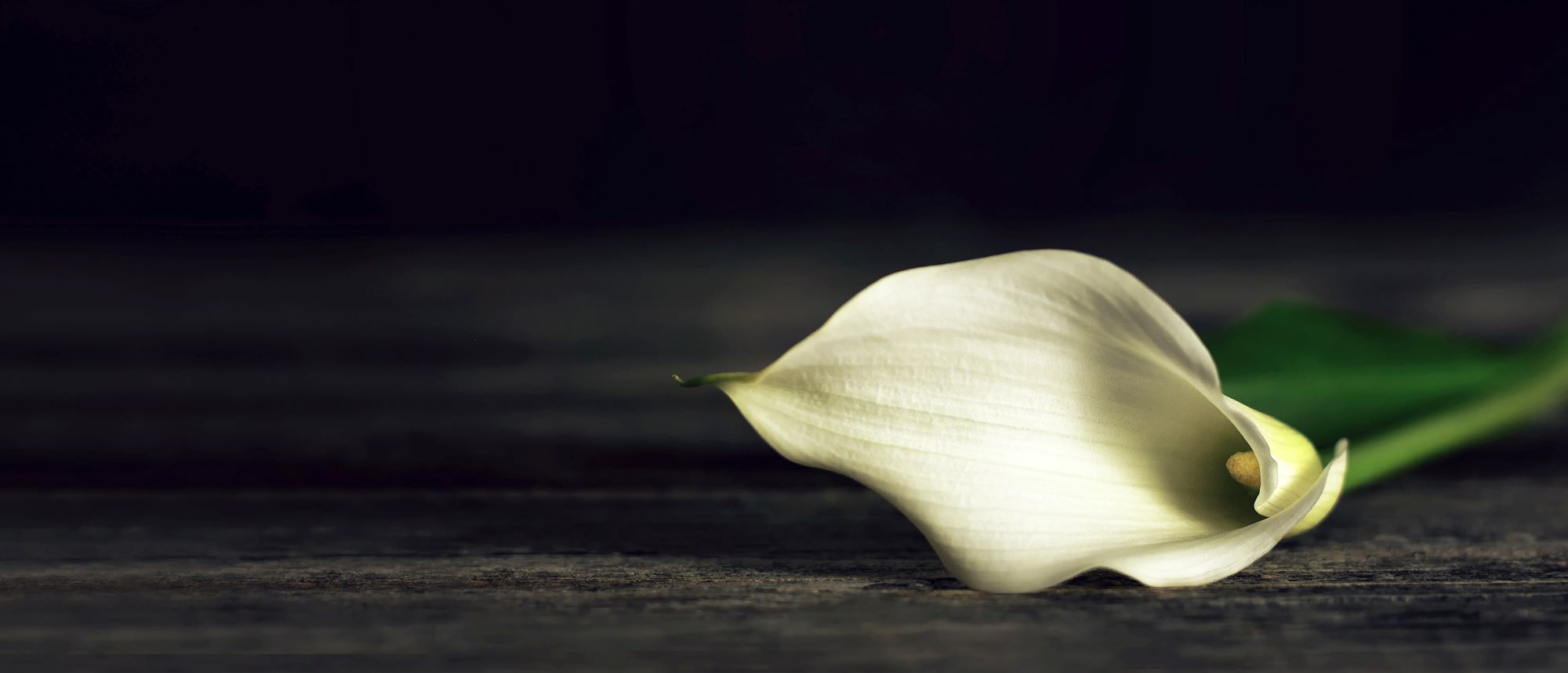Home » Personal Injury » Wrongful Death
Wrongful Death
The untimely passing of a loved one is the ultimate tragedy. The loss of love, companionship, and support leaves a void that can never be filled. When that loss is the result of someone else’s carelessness or recklessness, the family of the deceased must be made as whole as possible—for both the intangible emotional and quantifiable financial harms and losses.
In the face of tragedy, some try to rationalize the cause as fate or bad luck alone—“wrong place at the wrong time,” “beyond anyone’s control,” an “accident.” After all, no one intended for anyone to be killed. But the reality is often more nuanced and the incident a result of choices—a truck driver who chose not to obey the speed limit; a safety inspector who chose not to correct a defect; a manufacture that chose a faulty design because it was cheaper; a physician who chose not to rule out a diagnosis that proved fatal; a bar that chose to overserve an intoxicated customer; and so on. When those choices cause a loss of life, the people who made them bear responsibility.
Wrongful death and survival actions are a special from of legal action governed by detailed rules. They must be brought by the estate of the deceased person, through a personal representative, who acts on behalf of the estate’s beneficiaries. Only certain people are eligible to recover. And where minors or other vulnerable people are among the beneficiaries, courts may appoint a special representative, known as a guardian ad litem, to ensure that their individual interests are protected. If you’ve lost a loved one and think it was the result of someone else’s conduct, you owe it to yourself and the person’s beneficiaries to consult with an experienced wrongful death attorney about any recourse that may be available.


